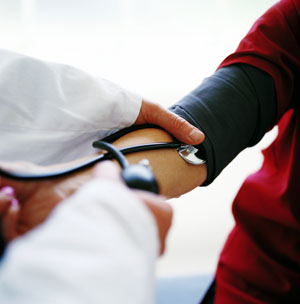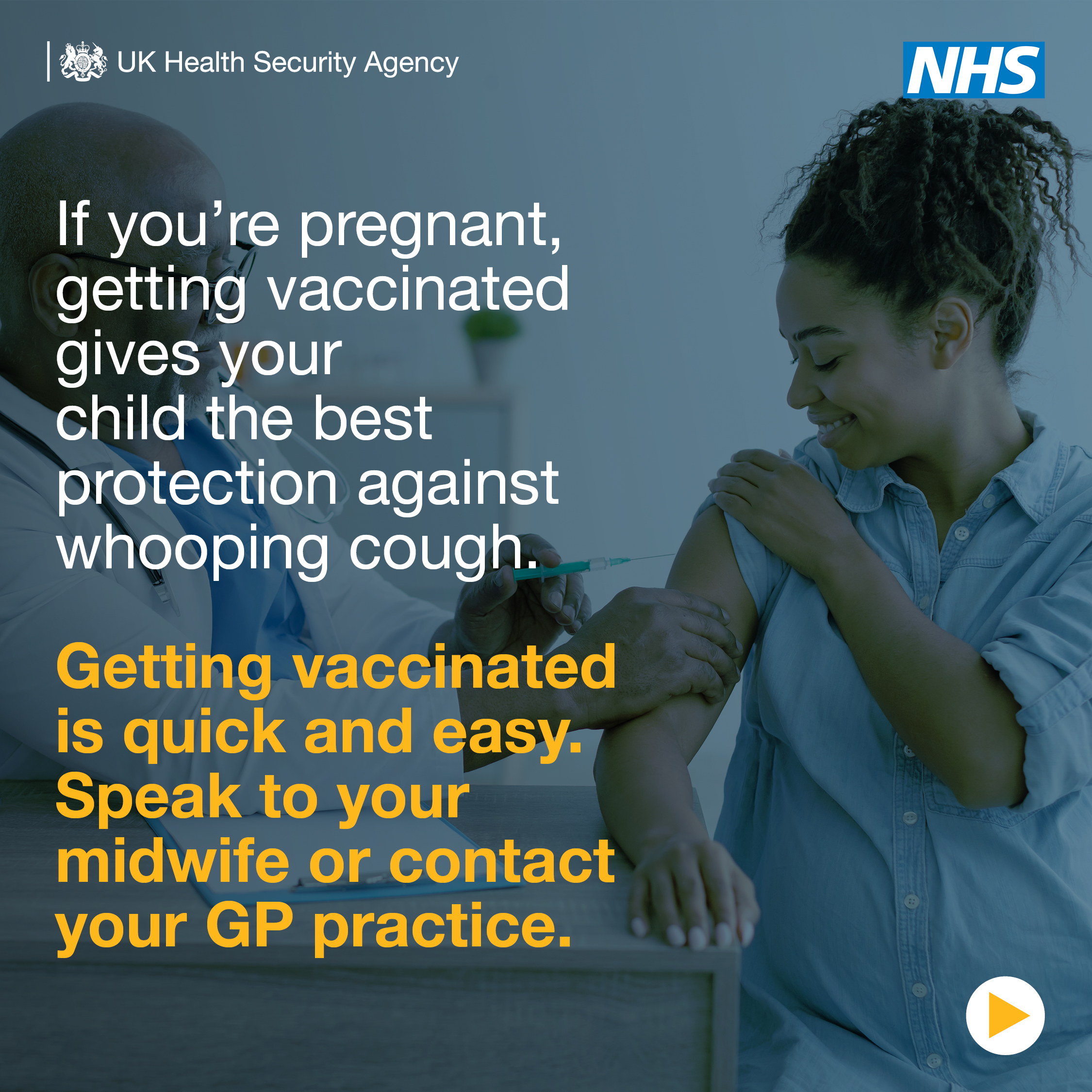General Services
Practice Nurse
 Our Practice Nurses hold surgeries Monday to Friday and can help with the following:
Our Practice Nurses hold surgeries Monday to Friday and can help with the following:
- Travel Health and Vaccinations
- Asthma, Diabetes, Heart Disease prevention
- HRT and continuing contraception (pill checks)
- Antenatal and Postnatal
- Child Health Surveillance
Patients on regular prescriptions for high blood pressure, contraception, HRT should consult the practice nurse for a blood pressure check every 3 - 6 months.
District Nurses
Are available to offer advice and skilled nursing care within the community on referral by a GP. The hospital will normally arrange for a district nurse to call after discharge from hospital if nursing care is required.
Other Facilities
- Minor Injury
- Family Planning (birth control) - fitting of contraceptive intrauterine devices and implants
The contraceptive implant is a highly effective method of birth control, the device is about the same size as a matchstick. It is placed just below the skin of your upper arm where it releases the hormone progestin in small doses and prevents your ovaries from releasing eggs but also thickens your cervical mucus making it hard for sperm to move around the womb and fertilize an egg. 99.95% effective, it is suitable for women who want long acting reversible contraception for up to 3 or 5 years and wish to avoid daily, weekly or monthly regimen. It can offer an alternative to those affected by the hormone Estrogen and can be used when breastfeeding six weeks after childbirth. In some women it may reduce heavy and painful periods, in others it may initially cause a change in bleeding patterns. Does not protect against HIV infection and other sexually transmitted infections.
The (IUD) intrauterine device - intrauterine meaning inside the uterus. The device immobilises sperm making it hard for them to move around the womb but does not stop the ovaries from making an egg each month. Once inserted it can stay in place in the womb for 5 or 10 years (depending on the type). 99% effective, suitable for women who want long acting reversible contraception and wish to avoid daily, weekly or monthly regimen. It isn't affected by other medications. It can offer an alternative to those affected by the hormone Estrogen and can be used when breastfeeding. Fertility returns to previous levels once the IUD is removed. Small risk of infection at insertion and of expulsion. It may cause cramps and/or irregular bleeding. Does not protect against HIV infection and other sexually transmitted infections.
Midwife
Our Midwife looks after the care of expectant mothers of the Mill Road and Cherry Hinton Surgeries and is part of the Eden Team Midwives. If you have a confirmed pregnancy from taking a test please contact us by going to the SELF REFERRAL page at the Rosie Hospital:
https://www.cuh.nhs.uk/rosie-hospital/maternity/pregnancy-pathway/
Midwives are the main providers of care to women throughout pregnancy, birth and the postnatal period. They take the lead in care in low risk pregnancy and childbirth, which is their area of expertise, making referrals to the appropriate medical professionals if required.
From Eden Team
Congratulations on your pregnancy and welcome to the Eden Team Midwives.
Midwife Clinic Tuesday: Afternoon [Mill Road]
Tuesday/Wednesday: Morning [Cherry Hinton Branch Surgery]
Please make all your own appointments to see the midwife either at your own doctor's surgery or you can see the Eden Team midwives by attending clinics at the Children's Centres below.
Fields Children's Centre Midwife Clinic: Friday 09.00-17.00 (by appointment)
Galfried Road CB5 8ND Tel: 01223 349376
We look forward to seeing you.

Why we recommend this vaccine for Pregnant Women
Whooping cough is a bacterial infection of the lungs and airways. It spreads very easily through coughing and sneezing and can sometimes cause serious health problems, especially in young babies.
• Whooping cough rates have risen sharply in recent months. Babies who are too young to start their vaccinations are at greatest risk.
• Young babies with whooping cough often become very unwell and most will be admitted to hospital. When whooping cough is particularly severe, they can die.
• Vaccination is the best defence against whooping cough. The whooping cough vaccine is given as part of the routine childhood vaccination schedule in the UK at 8, 12 and 16 weeks of age with a booster offered preschool. This programme provides good protection against severe disease but protection after vaccination and disease will wane over time.
• Pregnant women can help protect their babies by getting vaccinated. When you have the whooping cough vaccination in pregnancy, your body produces antibodies to protect against whooping cough. These antibodies pass to your baby through the placenta giving them high levels of protection until they're able to have their own whooping cough vaccination from 8 weeks old.
• The best time to get vaccinated to protect your baby is between 20 to 32 weeks of pregnancy. The vaccine is usually offered to women after their 20-week scan. Vaccines can be given from as early as 16 weeks and women remain eligible beyond 32 weeks until they give birth. Mums-to-be can contact their midwife or GP surgery if they have reached week 20 of their pregnancy and are unsure whether they have had the vaccine. You can still have the vaccine in late pregnancy but it may not be as effective because there is less time for protection from the mother to pass to their baby.
• Women can also receive the vaccine after delivery, for up to 8 weeks until their baby is old enough to get their first dose. This can help protect the mother from pertussis, reducing the chance that their baby will be exposed to the infection.
• Whooping cough vaccine has been used extensively in pregnant women in the UK since October 2012. Vaccination of pregnant women has been shown to be around 90% effective in preventing whooping cough cases and hospital admissions in young babies and over 90% effective at preventing infant deaths.
• A UKHSA review of vaccination in pregnancy to prevent whooping cough (pertussis) in early infancy, published in 2018, found safety studies covering more than 150 000 vaccinated women provide reassurance of no increased risk of problems in mothers or babies.